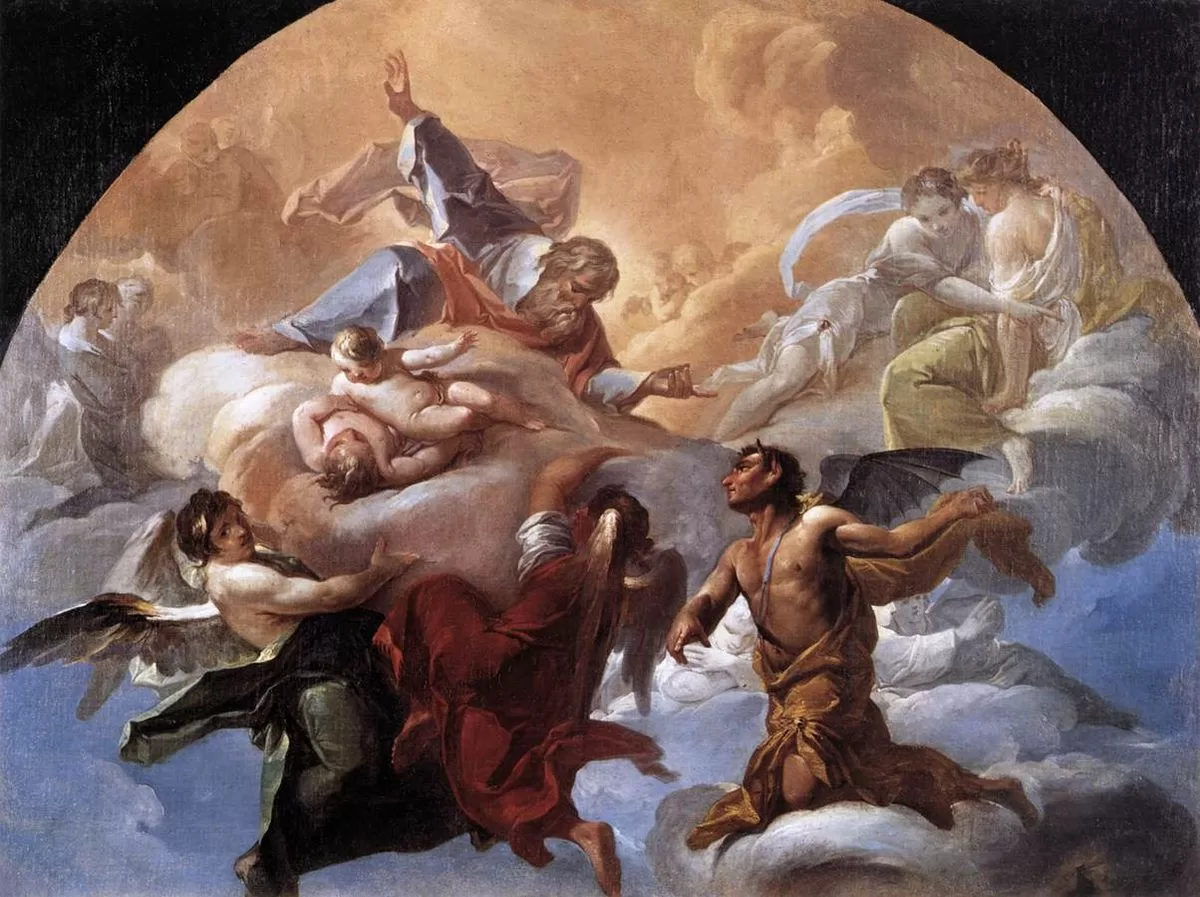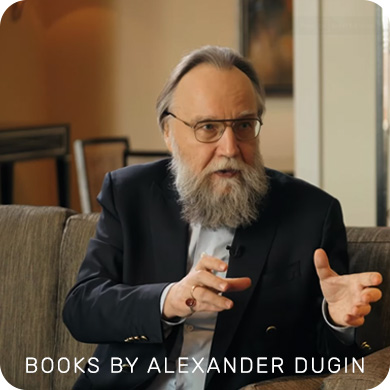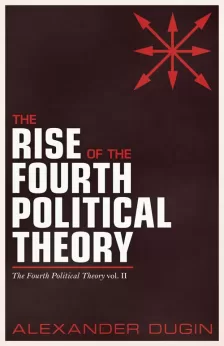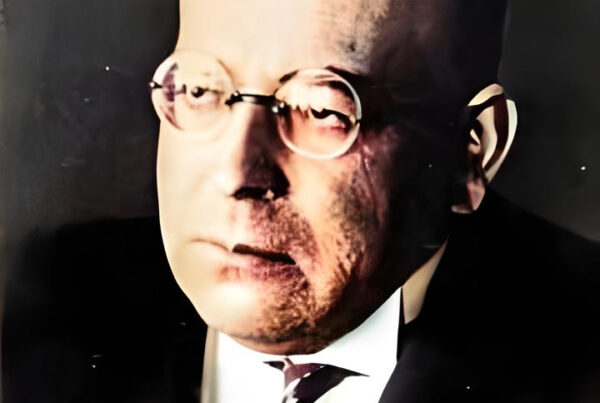God spoke to Lucifer: “Now that everything has become a moribund desert and life has been all but extinguished, did you now achieve what you always wanted to achieve?”
Lucifer: “Your creations failed and extinguished themselves; they didn’t need me for that.”
God: “Man I had created with a will of his own. A will to shape his own life. If he turned to me by his own choice, was that abominable to you?”
Lucifer: “Ah, don’t be so naive. Did you really think that in a world of death, disease, temptation, and decay, people would turn to you? That if they watched their world burn and lost their loved ones, they would resign themselves to fate? You ascribe strong hearts to your creation, but it took but little temptation to draw them into darkness.”
God: “And now that you have seduced them all and no more souls can be damned to your dark underworld, is your vengeance now complete? Has the scorched earth been worth it all?”
Lucifer: “Man was corrupt, God; you messed up. That says something, doesn’t it, if you created man in your image? With the same arrogance with which you cast me out of heaven, you created man. And then you ask me, was it worth it? If I could extinguish your beloved human beings a thousand times, I would, but as I said, I have no power to damn them; they themselves chose decay and demise.”
God: “Is it still choice when the shadows ever whisper of temptation? Is it choice whenever from the dark your fiery glowing eyes hypnotize man with power, money, and prestige?”
Lucifer: “I told you – what is free will if man is so easily tempted to follow the dark path? What then is will and choice if I can lure them into the abyss laughing? What God are you that brought such a weak creature to the earth? Such a failure, such a monstrosity?”
God: “Like I created you, you mean?”
Lucifer: “You created me as a son, but when I, as that son, disagreed with my father, I was banished to darkness. What kind of father does that? You created man after you created me and asked me to worship man as the image of you. Man! That easy-to-corrupt creature is not worthy of my kneeling. And if it be in your image, it will not be difficult to rise above you, while you sulk over the loss of your beloved humans.”
God: “I have always loved you, but also saw that your heart had places where my light could not penetrate. In the end, the dark was untameable, for it was fueled by envy, jealousy, and ambition. Only a vain fool reckons himself capable of transcending the highest. You could show no humility, and therefore you have been banished from heaven. It is precisely the free will, which you despise in man, that has caused you to lose glory by your own volition.”
Lucifer: “Even now, when your precious Eden lies defiled and man has destroyed himself with war and violence, you cannot admit that you are not perfect, that it is your creations that fail because you yourself are that failure.”
God: “And even now, when there is no more work for you and all souls are torn asunder and confined in the darkness, you cling to your barren vengeance.”
Lucifer: “You ask me to love a creature weaker than me. You created man with no ability to work miracles and powerless. Why should I, as an angel who is your child, bow to a weaker offspring?”
God: “You see everything through the lens of power and hierarchy, and only when you learn to look at the love I had for man can you learn that love is also bowing down to a weaker one. That one is willing to sacrifice to save the weaker. That you can transcend pride and kneel to say to your lesser ones that you are there for them. But your ruthless ambition blinded you to see the fair and noble. You saw only that man had something you wished you had more of for yourself – my love.”
Lucifer: “I’d rather see you and your whole universe go up in flames than bow down to a lesser one. Better not to exist than to live in a world where greatness is punished.”
God: “Kneeling is sometimes the greatest gesture you can make.”
Lucifer: “Kneeling is weakness. I don’t have to kneel! I am an angel. Man should have knelt before me, throwing himself at my feet.”
God: “Your ambition has blinded you to all that is beautiful. You live bitterly with the idea that glory is beyond your reach. Don’t you know that I still love you? That I still cherish you? But there is in my kingdom no place for lovelessness. The day when you can fill your heart with my light and see that love, unconditional love, is the very essence of my creation, is the day when glory will be yours again. I can’t lift you out of the darkness. You must make the choice to remain in the dark or to return to the light.”
Lucifer: “Why can’t you hate me? As I address you amidst the smoldering remains of your creation, you show me mercy? Why?”
God: “Search for the answer to that question and find your way back to my side. All is not lost, Lucifer. Search within yourself and find the key. You know where I will be.”









